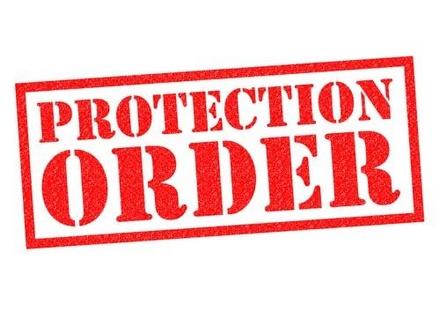TELEPHONES ANSWERED 24 HOURS A DAY
Order of Protection Restrictions
 Behaviors that are considered by law to be acts of domestic violence can range greatly, encompassing much more than physical acts of violence. Cutting off or taking complete control over a partner’s finances, belittling them by calling them names, or diminishing their self-worth through emotional manipulation are all other forms of abuse according to the law. Any type of domestic abuse allegation is a serious matter and can severely alter the offender’s life over the long term.
Behaviors that are considered by law to be acts of domestic violence can range greatly, encompassing much more than physical acts of violence. Cutting off or taking complete control over a partner’s finances, belittling them by calling them names, or diminishing their self-worth through emotional manipulation are all other forms of abuse according to the law. Any type of domestic abuse allegation is a serious matter and can severely alter the offender’s life over the long term.
One step many victims take to combat the abuse they experience is to pursue an order of protection against the offender, which significantly restricts the offender in terms of contact. In short, an order of protection serves to help keep an abusive person away from a victim. It is a formal court order that places various limits on the offender in the state of Illinois in the following ways:
1. Bars the abuser from sharing a residence with the victim.
If you have had an order of protection filed against you, visiting the residence you share with your partner is prohibited. You are also barred from your partner’s place of employment, their place of academic study, and possibly other locations that may be specified in the court order. This also applies to your interaction with any other persons protected by the order. For example, if a child lives at the same shared residence and is also under protection, you are barred from visiting them on the premises as well.
2. Prohibits the abuser from continual harassment.
An order of protection also bars the accused abuser from further attempts to harass, intimidate, or interfere with the victim’s personal liberty in any way. This means any threatening contact is strictly prohibited. If these restrictions are violated, the defendant may aggravate the situation and face additional charges.
3. Requires the abuser to meet special requirements.
Some protection orders may require the defendant to make certain changes or do things differently throughout the course of the restraining order, including everything from attending counseling and turning any weapons they own over to law enforcement, to insisting they turn over personal property to the victim.
4. Affects the abuser’s relationship and responsibilities to their children.
If you have an order of protection against you, there is a chance you may not have permission to access your child’s records, and you may be required to pay special child support, along with payment for loss suffered from the abuse. The court may even require you to pay for your child’s shelter and counseling services, and they may prohibit you from taking the child out of town or out of state.
Orders of protection exist to protect individuals and families, but their specifications and requirements can be confusing to those who have never experienced one before or who are being faced with an order for the first time. If you have been accused of any kind of domestic violence, it is crucial to speak with a competent Chicago criminal defense lawyer right away. Call the Law Offices of Hal M. Garfinkel LLC, Chicago Criminal Defense Attorney today at 312-629-0669 for a personal consultation.
Source: http://www.illinoisattorneygeneral.gov/women/victims.html



